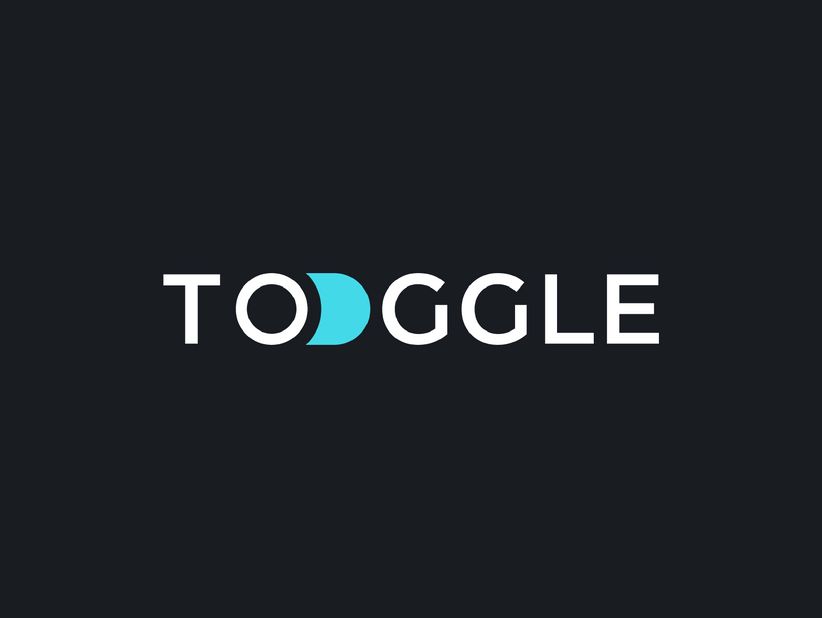
Dec 12
preview
Toggle AI is now Reflexivity! Click here to go to our new website
TLDR: Inflation came in higher than expected but markets didn’t seem to care very much. After hogging investor attention for a long time, does inflation still matter? A lot less, that much is pretty clear. The Fed has shown its hand - tilting more dovish than expected with the 50 bps cut in the last meeting - and the bets are now around the strength of the economy. Will it fall into a recession?

Some key takeaways from the CPI report: both the headline and the core CPI, which excludes food and energy, came in 0.1 percentage point higher than forecast for the month. Food was the main culprit for headline surprise - even as energy prices dropped - and services prices boosted core inflation. Housing costs, long the biggest component of inflation, also rose, although a key gauge of imputed costs for homeowners slowed for the month.
On an annual basis, core inflation accelerated for the first time in one and a half years, to 3.3% from 3.2%.
But, as already mentioned, inflation is now kind of in the backseat. After a better-than-expected payroll number last week (when markets breathed a sigh of relief), the timelier gauge of job market health showed some considerable weakness.
Weekly jobless claims yesterday showed a much-bigger-than-expected increase of 258,000, against the median forecast for 230,000. While this was likely affected by the impact of hurricanes, the jump – to the highest level in more than a year – was hard to ignore.
This is the needle markets will be forced to thread now: so long as inflation isn’t clearly turning back up (and with the economy slowing, that seems unlikely), focus will be on whether activity remains strong enough to keep a recession at bay.
Here is the historical 1-month response from Chinese ADRs following the Shanghai Composite falling 12.5% in a week:

JPMorgan Chase posted earnings of $4.37 per share, above the $4.01 expected, and revenue reached $43.32 billion, surpassing the $41.63 billion forecast. Although profit fell by 2% year-over-year to $12.9 billion, revenue grew by 6%, driven by higher net interest income, which rose 3% to $23.5 billion—exceeding the $22.73 billion estimate. This boost was fueled by gains from investments and loan growth, particularly in its credit card business.
CEO Jamie Dimon expressed concerns over increasing regulatory pressure and geopolitical risks, calling the environment "treacherous and getting worse." Dimon suggested a need for regulatory reevaluation to avoid stifling economic growth while maintaining a robust financial system.
The bank's investment banking division also contributed to the strong quarter, with fees rising 31% to $2.27 billion, outperforming the $2.02 billion estimate. Trading was another bright spot: fixed income trading remained steady at $4.5 billion, beating the $4.38 billion forecast, while equities trading surged 27% to $2.6 billion, slightly above the $2.41 billion estimate.
In light of its solid performance, JPMorgan raised its full-year 2024 net interest income forecast to $92.5 billion, up from the prior $91 billion estimate. However, with the Federal Reserve signaling potential rate cuts, there are concerns about how the bank will manage shrinking margins as yields on loans and other interest-generating assets decline.
Up next

Dec 12
preview